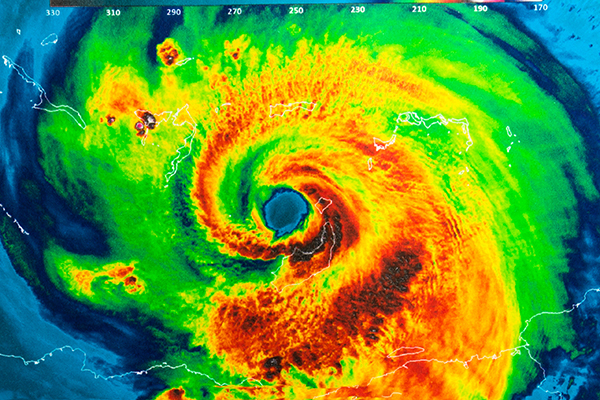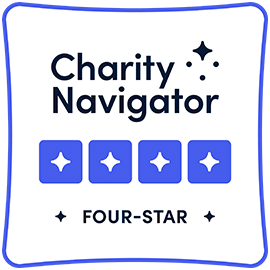2021 Hurricane Season Forecast
Coming off of the unprecedented 2020 hurricane season, which produced 30 named storms of which 13 became hurricanes, the National Oceanic and Atmospheric Administration’s Climate Prediction Center (NOAA CPC) is again predicting above average activity for the 2021 Atlantic hurricane season.
Hurricane season officially begins on June 1 and lasts until November 30, and experts are forecasting a 60% change of an above-average season with about 17 named storms. Of those 17 storms, it is predicted that 8 will become hurricanes, of which 4 will be at least a Category 3 storm.
If these predictions hold true, the 2021 season will become the sixth consecutive above-average year. This in part is due to warmer sea temperatures, which can affect hurricane activity significantly by making tropical cyclone formation easier. Another factor is the low likelihood of an El Niño climate pattern event, which when present, reduces hurricane activity in the Atlantic. Currently, there are neutral conditions, which are expected to continue through 2021. Neutral conditions create an environment more favorable for tropical cyclone and storm development.
Tropical storms or hurricanes can cause infrastructure damage and flooding due to high winds and precipitation. With the above-average predictions in mind, it is critically important that communities and individuals get prepared now before a storm impacts their area.
Get ready now by following these preparedness tips. You can also visit Healthcare Ready’s Resource Center at any time, which provides tools, tip sheets, and more to help individuals and communities prepare for the next emergency.
Understand Your Risk
Hurricanes can most severely impact coastal towns, but they are not the only areas at risk. It is important to understand how severe weather can impact your area if a storm makes landfall.
Make an Emergency Plan
According to Healthcare Ready’s 2020 National Preparedness Poll, less than half of Americans have an emergency plan in place (40%). Planning ahead can help make sure you and your loved ones are prepared. It is important that everyone in your household knows and understands your emergency plan for hurricanes.
- In addition to saving emergency phone numbers in your cell phone, keep a hard copy on-hand.
- Make an emergency supply kit, or a “go kit”. Include essential items for your personal needs like disinfectants or sanitizers, medicines, water, food, batteries, and masks (remember, COVID-19 is still a risk!)
- Know your evacuation zone and the nearest shelter in your area
- Find a pharmacy near you using Rx Open, so you know where to go if you need medicines or supplies
- If you own a pet, identify shelters or pet-friendly accommodations where you can take your pets in the event of an evacuation
Stay Informed
Sign up to receive real-time alters and notifications from the National Weather Service. You can also listen to broadcasts, like the NOAA Weather Radio All Hazards (NWR) broadcast, which provides continuous weather information based on your physical location.
Gather and Review your Important Documents
Make hard copies of important documents, like any insurance policies, identification cards, or prescription information. Rx on the Run is a printable, wallet sized card that documents your prescriptions and other important medical information. Simply fill out the online form with your personal information and download or print the wallet sized card for your records.
Help your Loved Ones
If your loved ones are individuals who require special assistance, identify what their needs may be now, so you can secure a plan to get them additional help during a hurricane.





